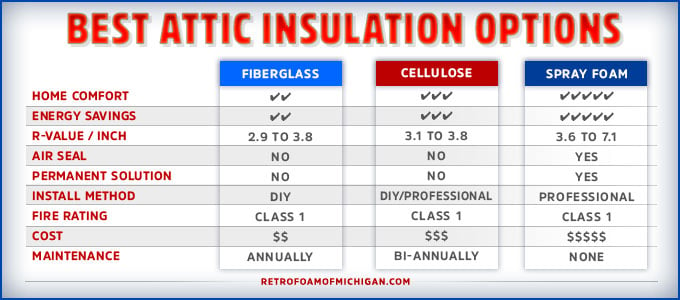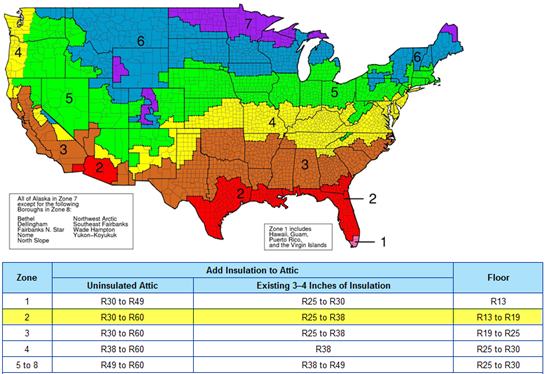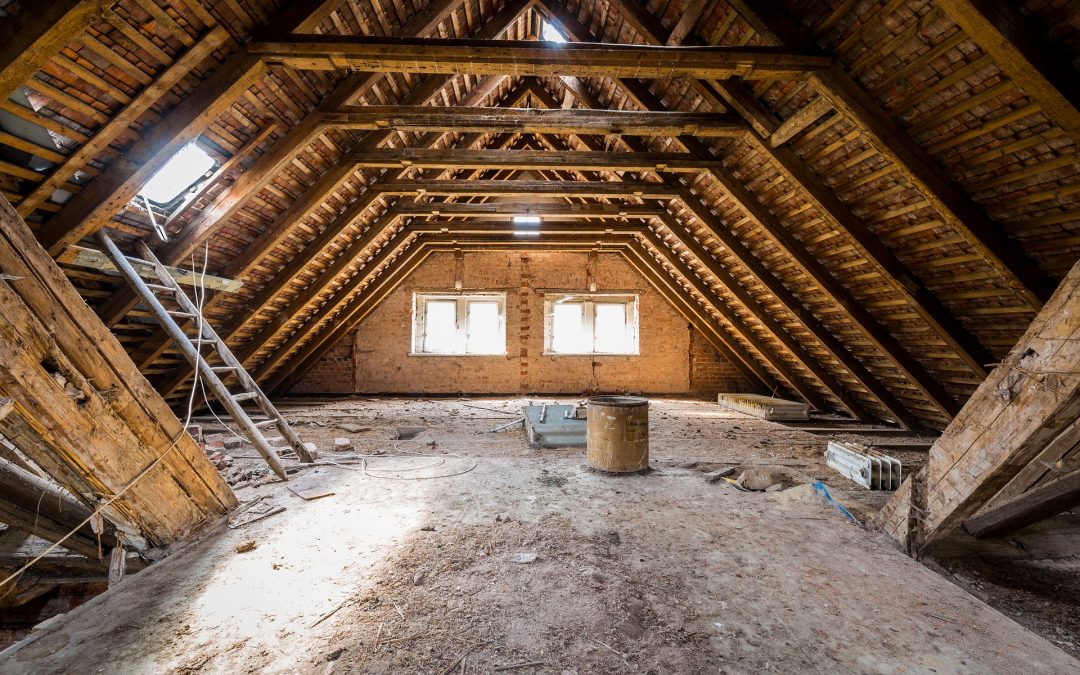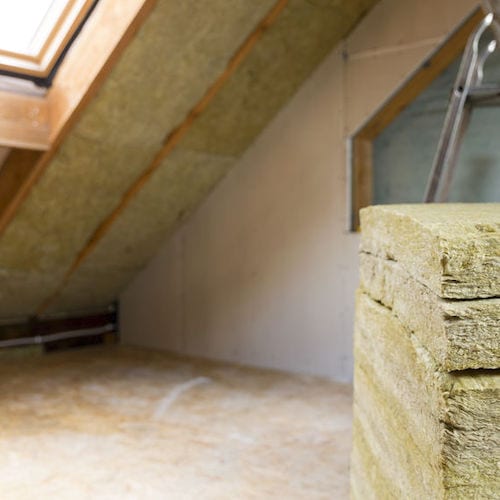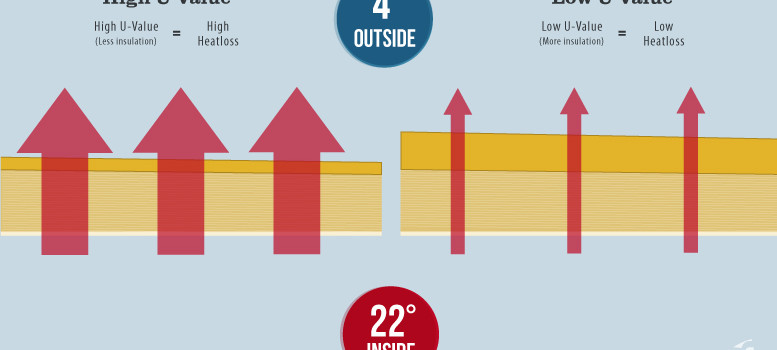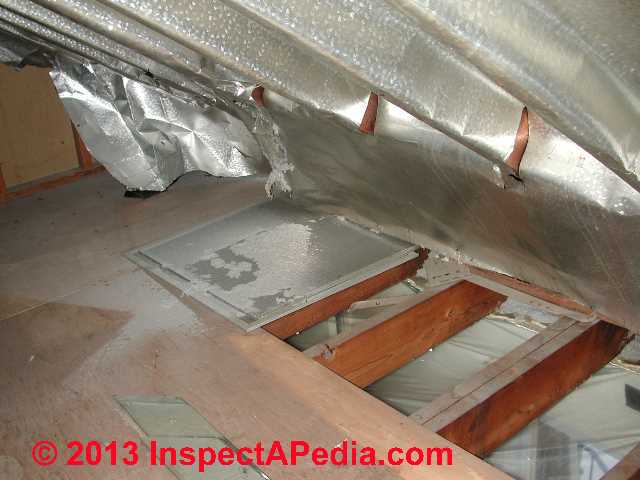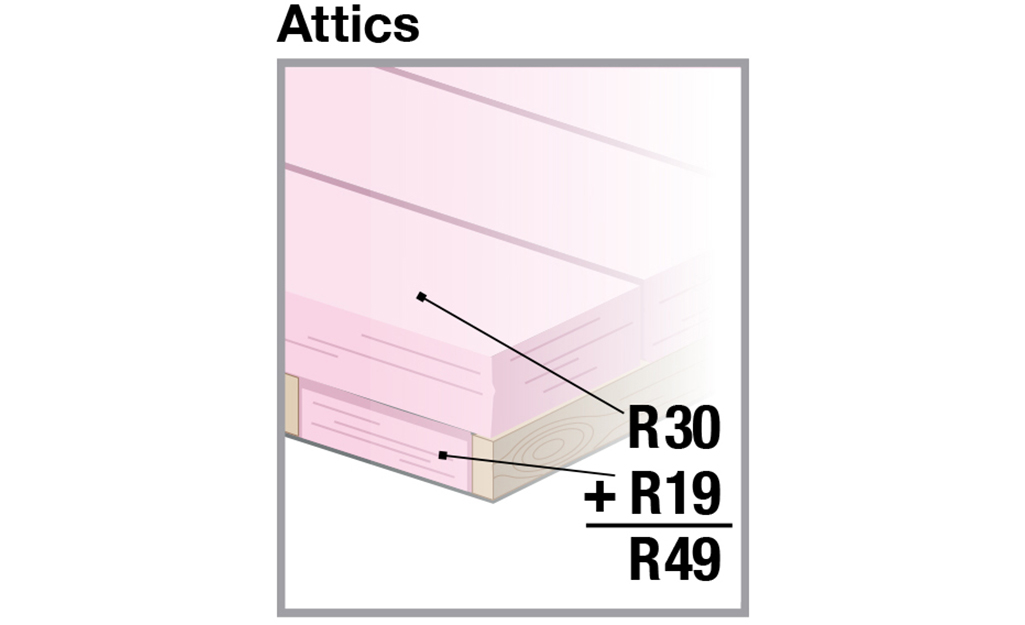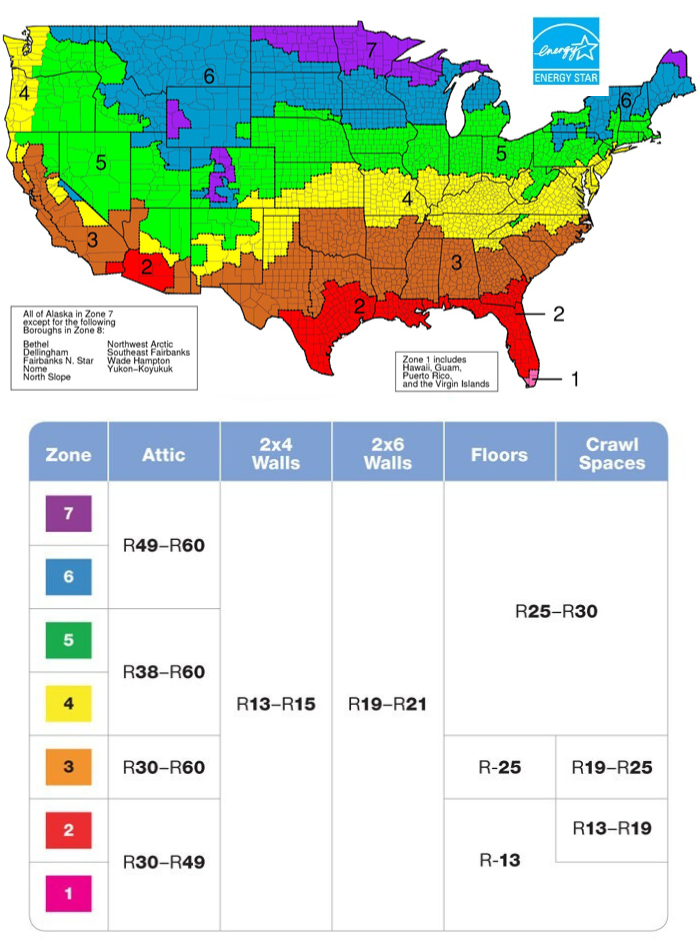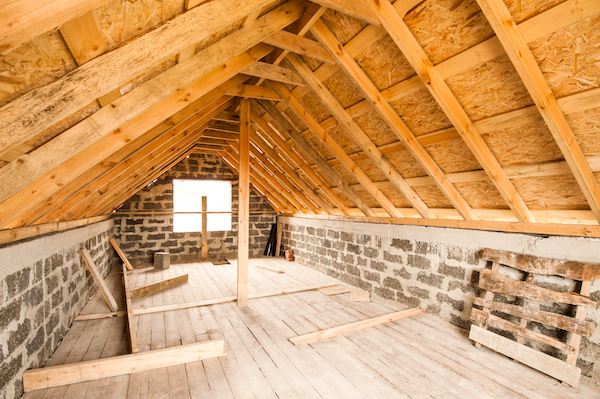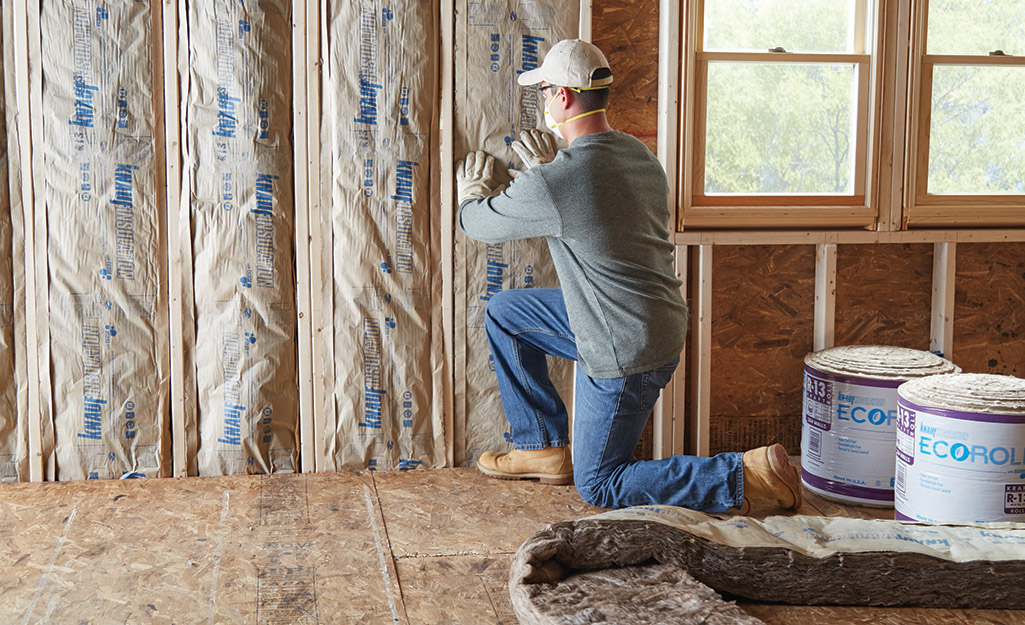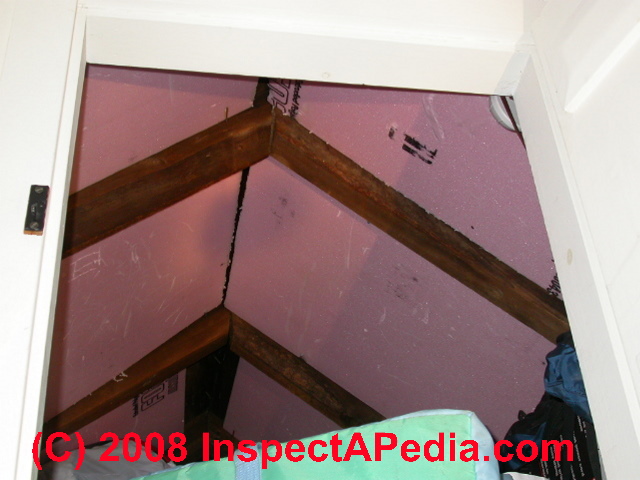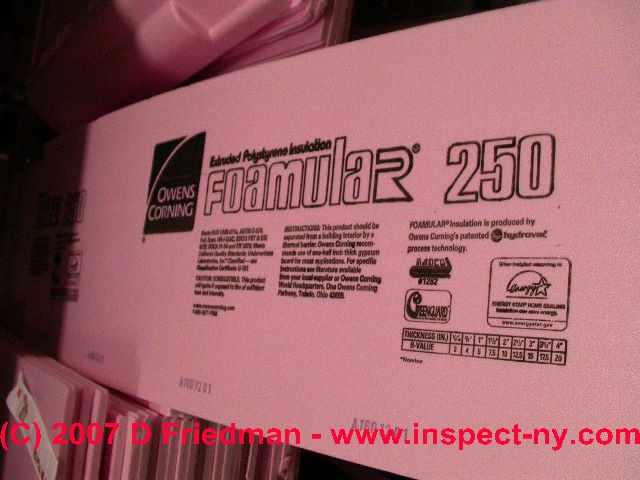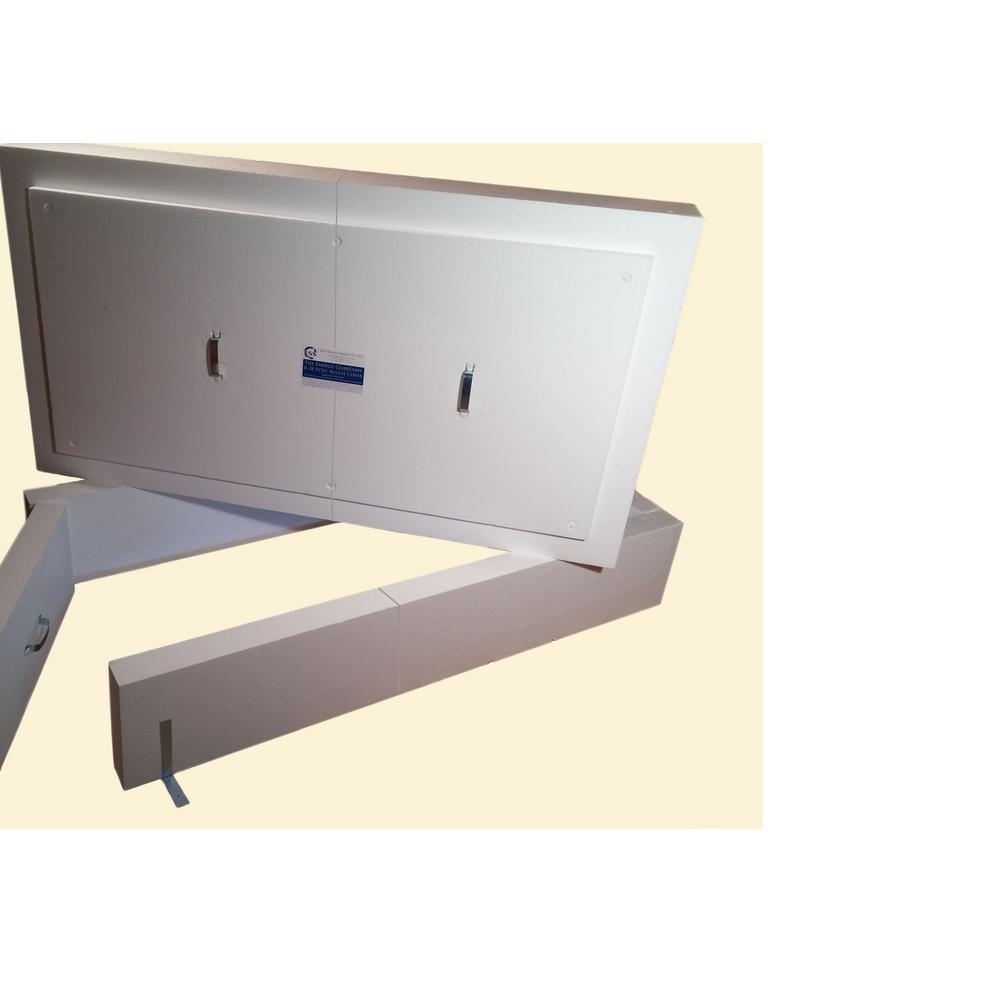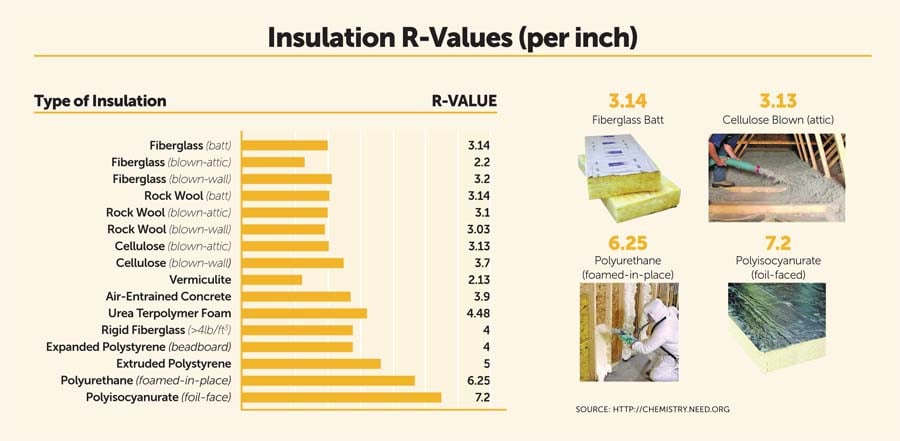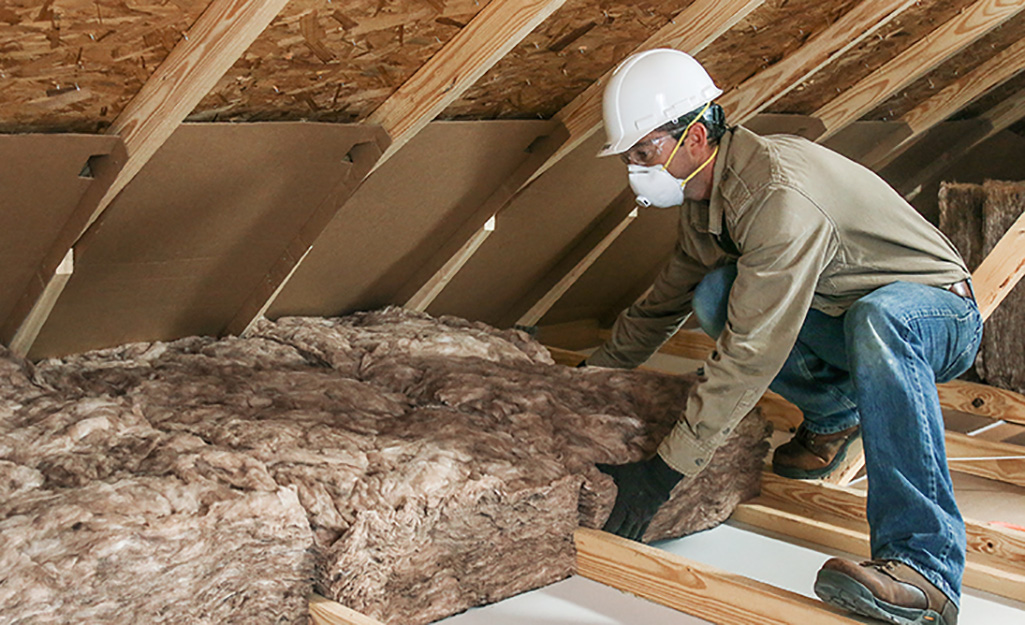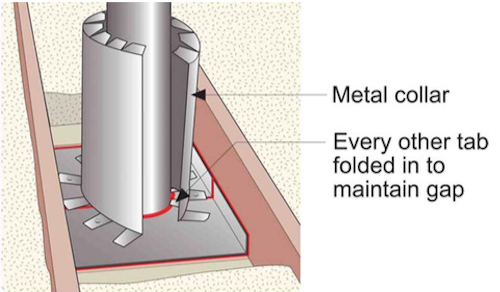Attic Insulation Material Ratings
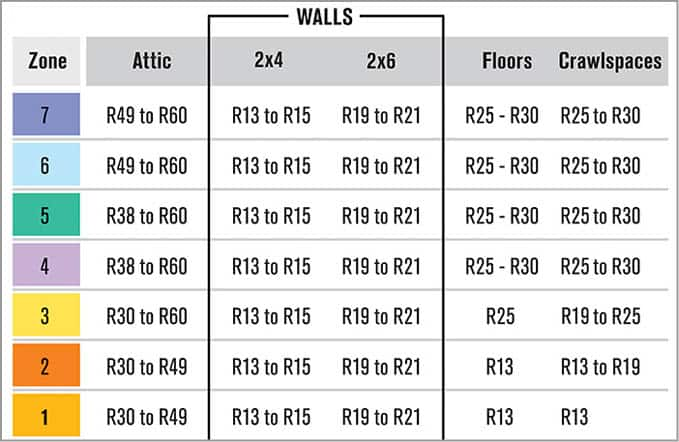
Your attic should have a certain amount of insulation in it and the recommended level of insulation for your attic is dependent on where you live.
Attic insulation material ratings. Gary ombler getty images. R value is a measure of insulation s ability to resist heat traveling through it. The higher the r value the better the thermal performance of the insulation. Contractor or insulation installer s fee.
Insulation our building science makes insulation br smarter. Find your zone on the map and then use the chart to determine the level of insulation you need to properly insulate your attic walls floors and crawlspaces. Fiberglass insulation rated at r 15 to fit a standard 4 inch wall costs around 0 50 per square inch as of 2013 according to fine. The table below shows what levels of insulation are cost effective for different climates and locations in the home.
According to home advisor insulating your attic can cost between 1700 to 2100. Its expert engineering lets you create the most comfortable environment without compromising your design. Rigid foam boards trap air or another gas to resist conductive heat flow. First things first you need to go up into your attic inspect the condition of the insulation and calculate the current level of insulation.
Insulation level are specified by r value. Achieving greater r values in attics the higher the r value the better the thermal performance of the insulation. Now that you ve air sealed your attic and basement check your attic insulation levels and add more if necessary. Bulky materials resist conductive and to a lesser degree convective heat flow in a building cavity.
Inspecting your attic insulation. The attic is the easiest place to add insulation to improve your comfort and the energy efficiency of your home. R values vary based on the type thickness and density of the material being used. Square footage of your attic.
You ll need about 12 inches of insulation material. Insulation with a higher r value will perform better than insulation with a lower rating. Insulation materials run the gamut from bulky fiber materials such as fiberglass rock and slag wool cellulose and natural fibers to rigid foam boards to sleek foils. The most effective places to add insulation to older homes are exterior walls attics basements and crawl spaces.
Rock wool generally costs more than fiberglass insulation. From schools to businesses to family homes our insulation works everywhere.


